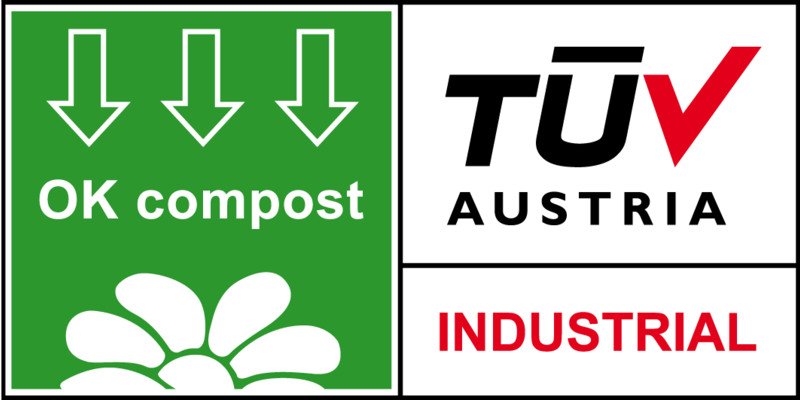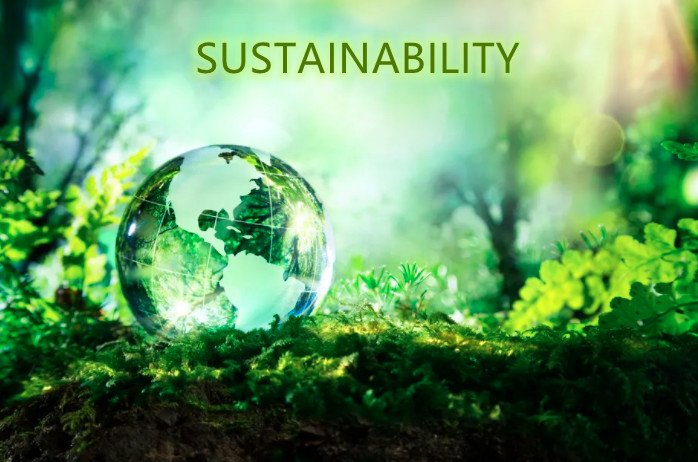Comparison between Recyclable and Compostable Flexible Packaging
In flexible packaging, people will always have this question: when comparison between recyclable and compostable, which one is better for our society? What is the advantage and disadvantage of recyclable and compostable?

VS


First of all, let’s explain what is recyclable flexible packaging and what is compostable flexible packaging.
Recyclable flexible packaging
Recyclable flexible packaging means the flexible packaging can be recycled to new things after usage.
Compostable flexible packaging
Compostable flexible packaging means the flexible packaging can break down in natural elements.
- Industrial compost
- Home compost
Industrial compost means we have to put the flexible packaging waste into a composting facility, and they will put it on certain environment and finally break down in natural elements.
Home compost means we don’t have to do anything special while leave the flexible packaging waste with other waste and it will gradually break down itself into natural elements. So you can simply throw the flexible packaging waste in curbside trash bin.
Advantage & Disadvantage of Recyclable flexible packaging:
Advantage: the flexible packaging, such as coffee bag, tea bag, pet food bag, snack bag, food bag, daily product bag, etc. can collect to recycling facility and then make into heavy weight plastic products such as decking, fencing, desk, signage, bollard, wheel stop, stake and additive for road infrastructure etc. We can also call the recycling as one time input, two times output.
Disadvantage: currently it is very difficult for a machine that is intelligent enough to sort out of recyclable flexible packaging from other trash, so we will need to use a separate trash bin to collect those recyclable flexible packaging. We will miss it if not being put into recyclable trash bin. Another disadvantage is the collection of recyclable flexible packaging and the production of turning these packaging into final products are also costly.
Advantage & Disadvantage of industrial compostable flexible packaging:
Advantage: the flexible packaging will eventually break down into natural elements.
Disadvantage: This is the same as recycling. We will need to collect all these packaging through special trash bin, send to compost facility, then they will compost them in their workshop. We will miss it for any of the flexible packaging not being put into compostable trash bin. Another disadvantage is the collection of flexible packaging and the composting process is costly.
Advantage & Disadvantage of home compostable flexible packaging:
Advantage: we can just simply throw the flexible packaging into curbside bin with other trash. The compostable flexible packaging trash will automatically break down into natural elements. There is no extra cost of collection and processing.
Disadvantage: All flexible packaging are made from raw material, resources are the most treasure in sustainable development. But when we compost the packaging after one time usage, it also means the output for the raw material is not maximized as the recyclable flexible packaging which can be made into another product.
Who is the winner?
Now let’s come to the conclusion recyclable and compostable, which one is better?
We believe, if it needs to be industrial compost, then this is not good enough for flexible packaging. But if it is home compost, then we should say both recyclable and compostable have advantages & disadvantages; and it will be up to future technology development for us to judge which one is better.

The reality
One more thing for recyclable and compostable flexible packaging:
In today’s technology, the recyclable flexible packaging is becoming more and more mature and recycling facilities are everywhere in the world. But the sealing, strength and high barrier quality of compostable flexible packaging is not very stable so not too many packers choose it.
Which also means: Recyclable flexible packaging is the trend today.
Article by www.longdapac.com
